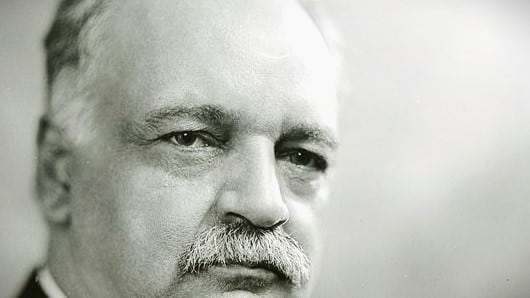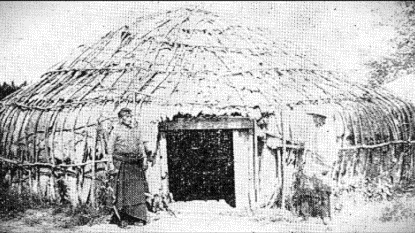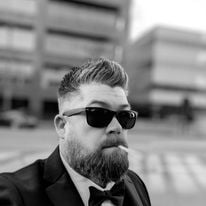The Kaw people, also known as the Kansa or Konza Tribe, are known as the “Wind People.” They originally lived in conical-shaped lodges along the lower Kansas River, with their land stretching over 20 million acres across northern Kansas, Nebraska, and Missouri. The Kaw lived a semi-nomadic life, relying on buffalo hunting and farming. Chiefs were selected for their bravery and wisdom, and their rich cultural practices reflected deep spiritual connections to nature, including vision quests and elaborate burial customs.
In 1825, the Kaw signed a treaty that forced them to cede a significant portion of their land and relocate near what is now Topeka, Kansas. By 1846, the U.S. government had further reduced their landholdings, moving the Tribe to Council Grove, Kansas. In 1873, despite pleas from Kaw Chief Al-le-ga-wa-ho, the Tribe was forcibly removed to Indian Territory (present-day Oklahoma), where smallpox epidemics claimed many lives.
By 1904, the Kaw accepted allotments of 405 acres per member, and remaining lands were opened to white settlers. Disease and warfare further decimated their population, which dwindled to about 1,300 in the early 20th century. Today, the Kansa people remain a testament to resilience, with members primarily in Oklahoma.

One notable Kaw descendant, Charles Curtis, served as Vice President of the United States under Herbert Hoover. His legacy symbolizes the enduring strength of the Wind People and their profound contributions to history.
This article is not written by the Kaw People, and their history is theirs and theirs alone. This piece in no way encompasses the full complexity of the Kansa people or their rich heritage. It is intended solely to celebrate and honor original peoples of Kansas.




